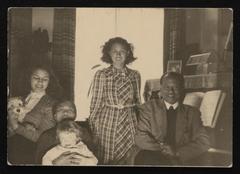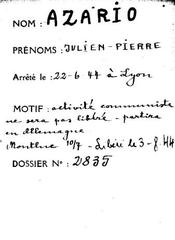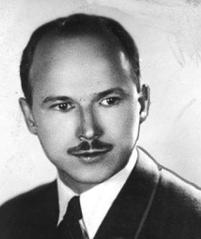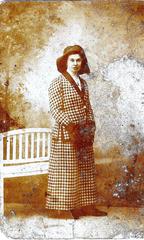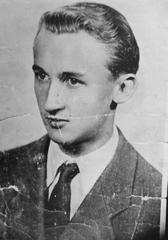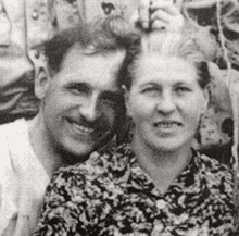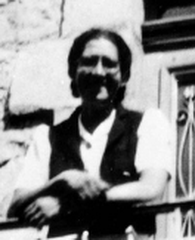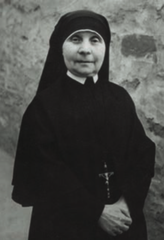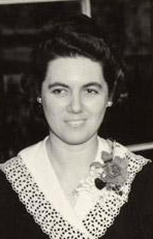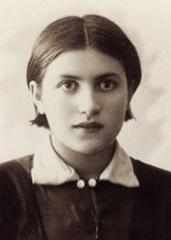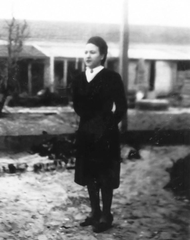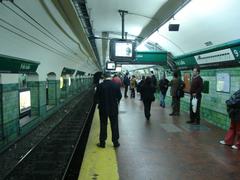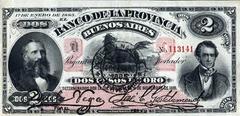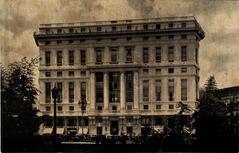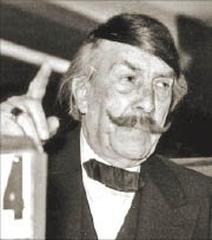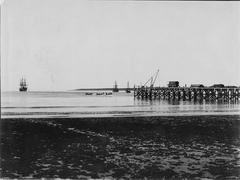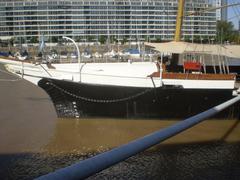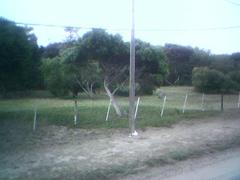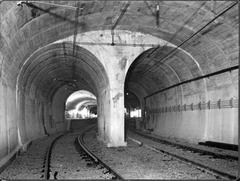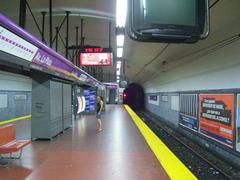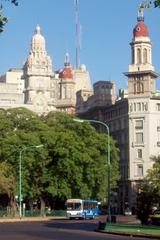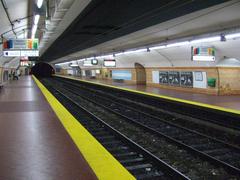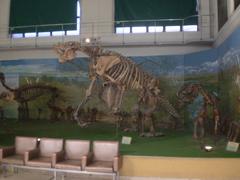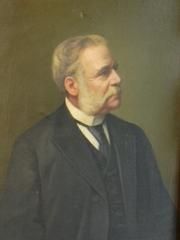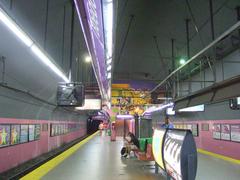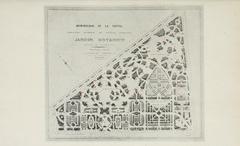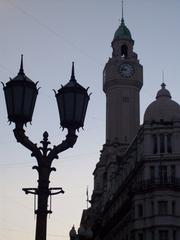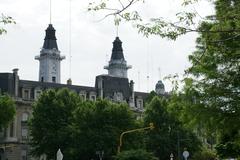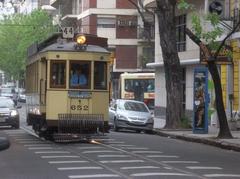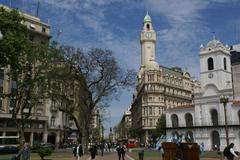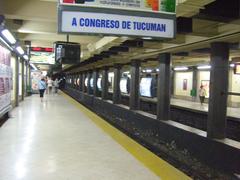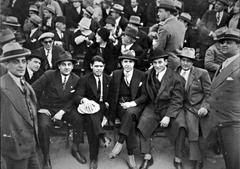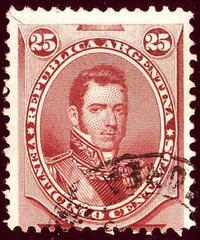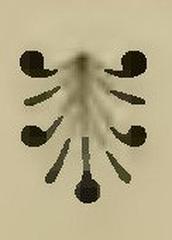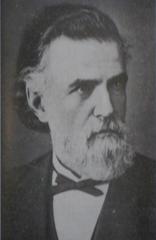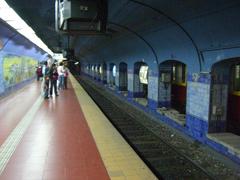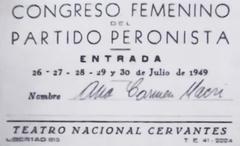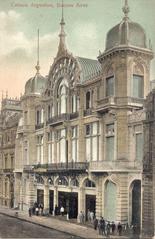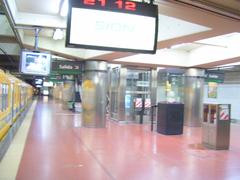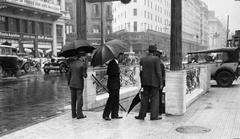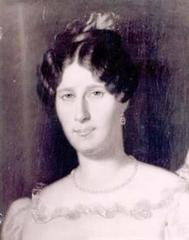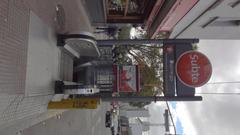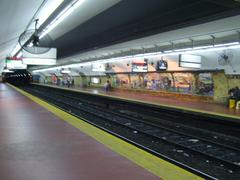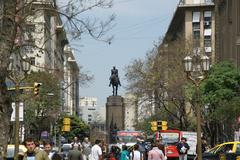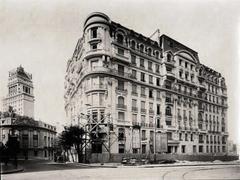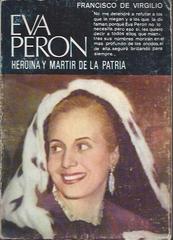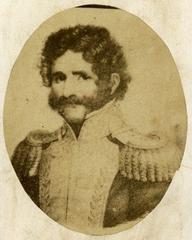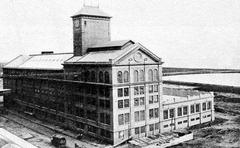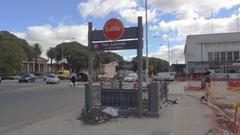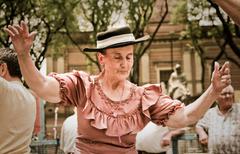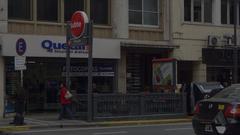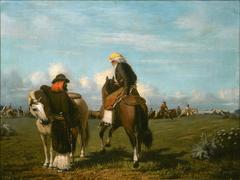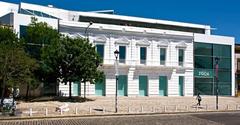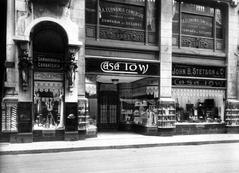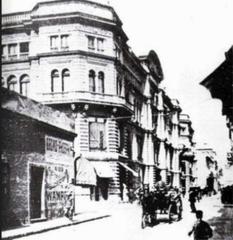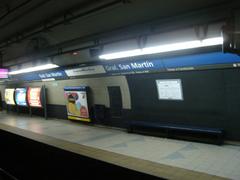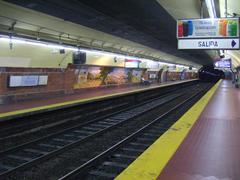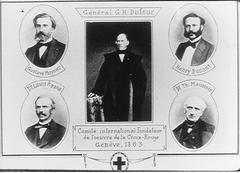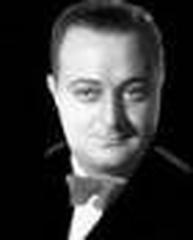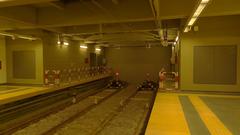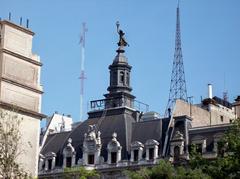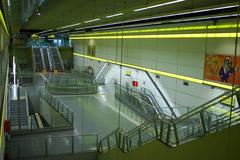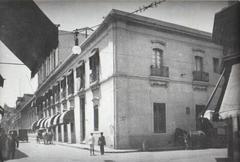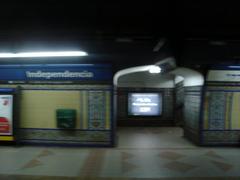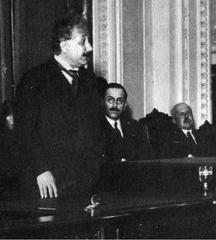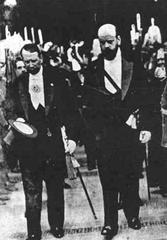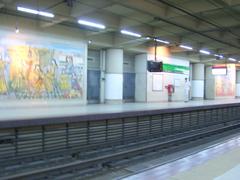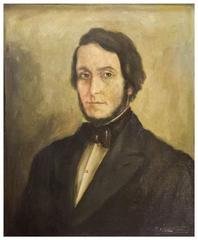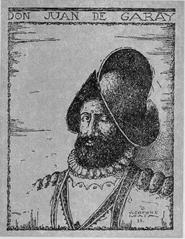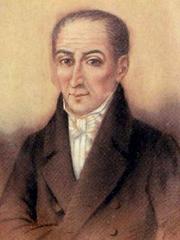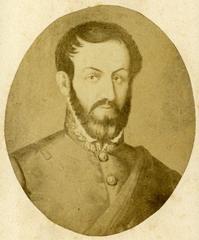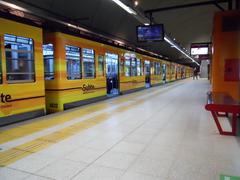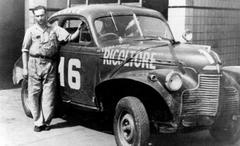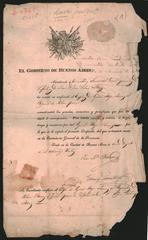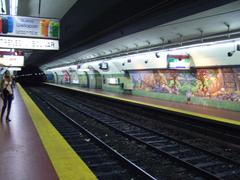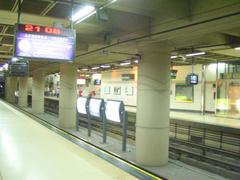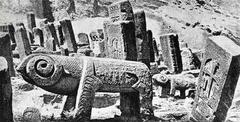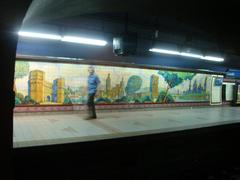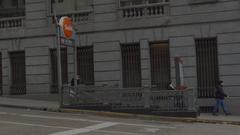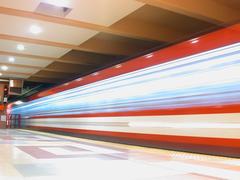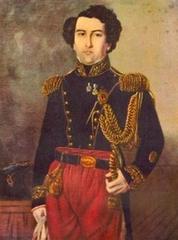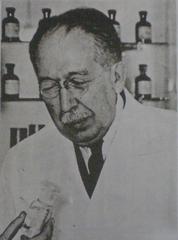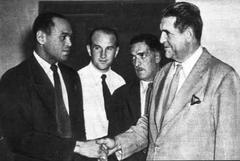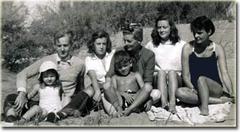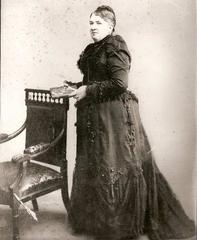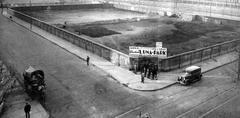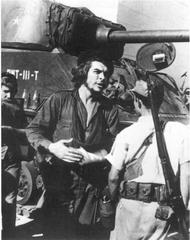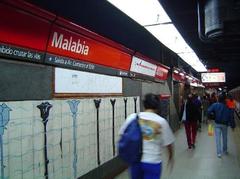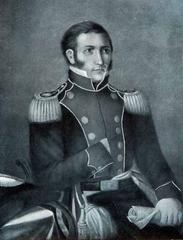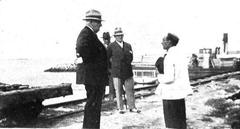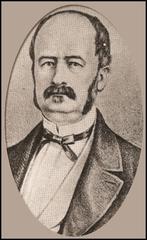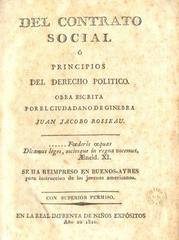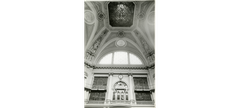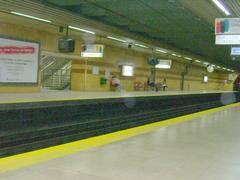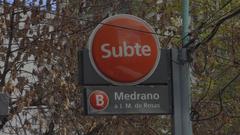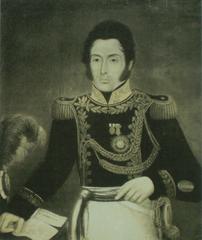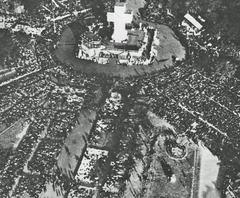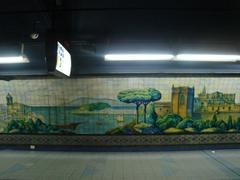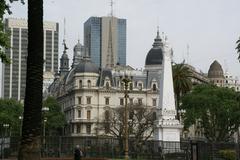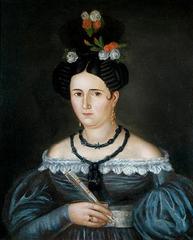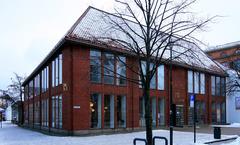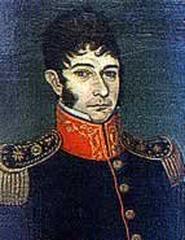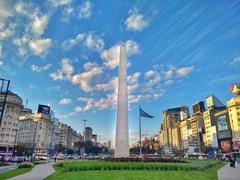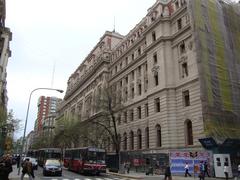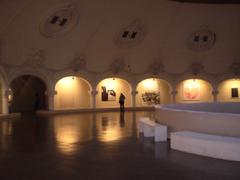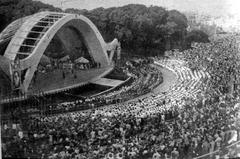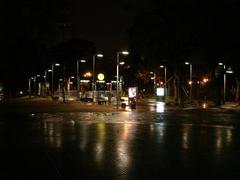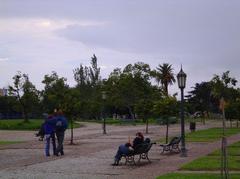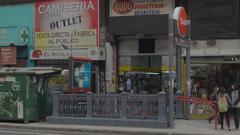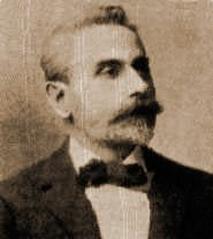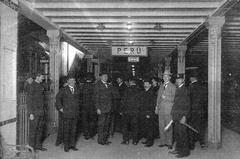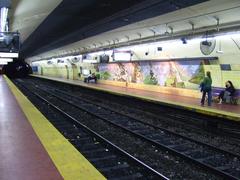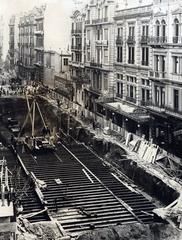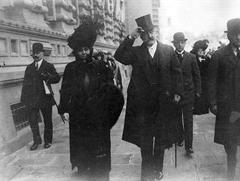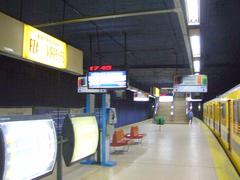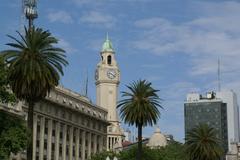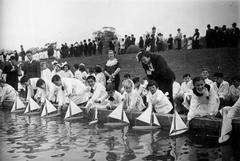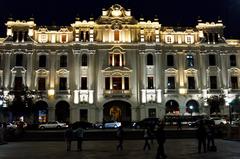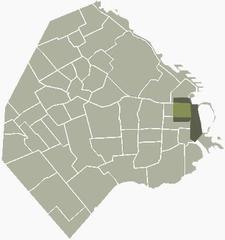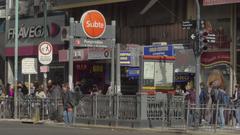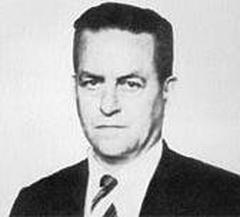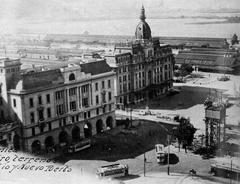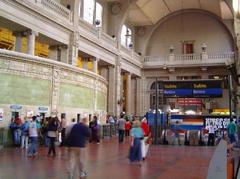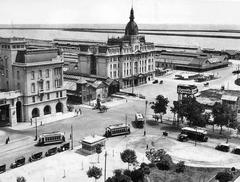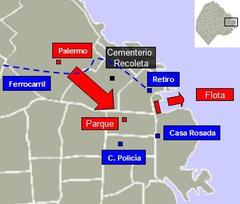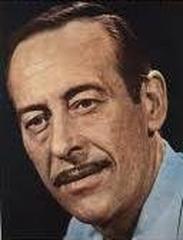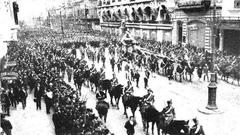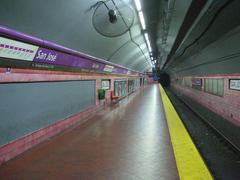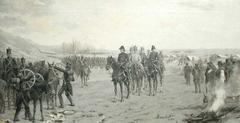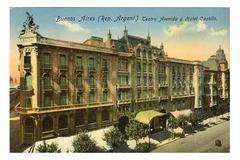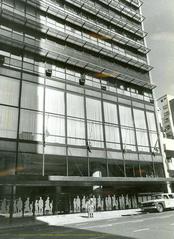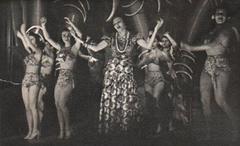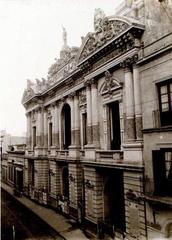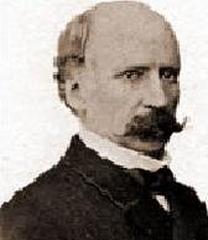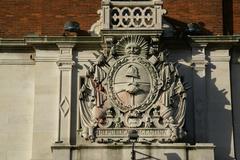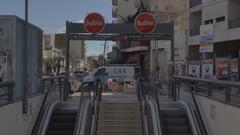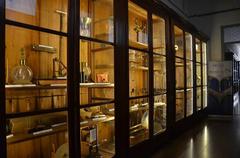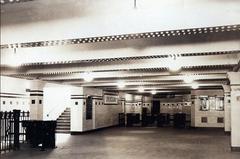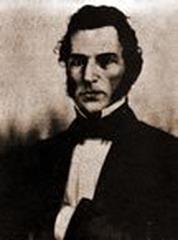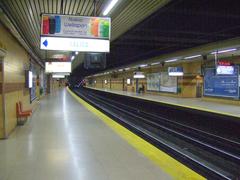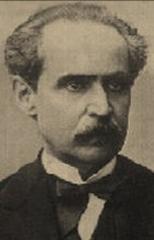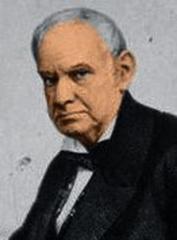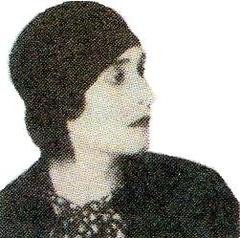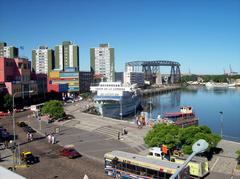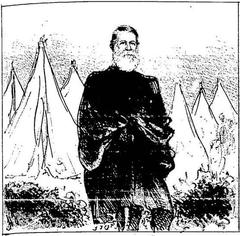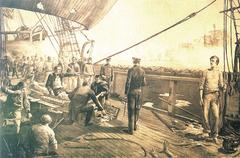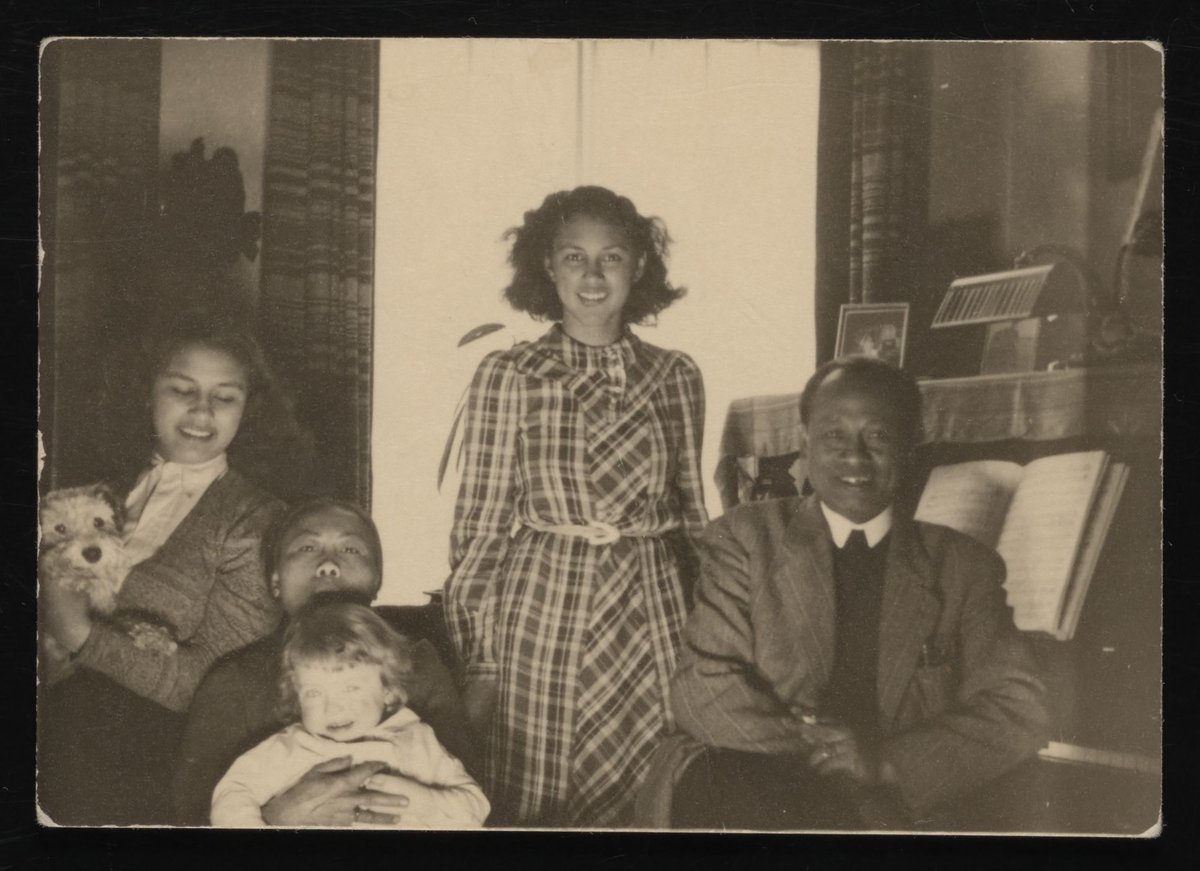
Righteous Among The Nations Memorial Buenos Aires: Visiting Hours, Tickets, and Historical Significance
Date: 14/06/2025
Introduction
The Righteous Among The Nations Memorial in Buenos Aires stands as a powerful tribute to non-Jewish individuals who risked their lives to save Jews during the Holocaust. Rooted in the international recognition initiated by Yad Vashem in Jerusalem, the memorial underscores Argentina’s deep commitment to Holocaust remembrance and the values of moral courage, human solidarity, and the ongoing fight against intolerance. Located in the historically and culturally significant Recoleta neighborhood, the memorial serves as both a contemplative site of memory and an active center for education, commemoration, and community engagement.
This comprehensive guide provides essential information for visitors, including opening hours, ticketing policies, accessibility features, directions, and practical tips. It also highlights the memorial’s symbolic significance, its integration within the local Jewish community—the largest in Latin America—and its role in fostering dialogue, tolerance, and historical understanding. Whether you are a history enthusiast, a member of the Jewish community, or a traveler exploring Buenos Aires’ rich cultural heritage, this guide will help you plan a respectful and meaningful visit.
For further context on the Righteous Among The Nations, consult the Yad Vashem official site and local resources such as the Museo del Holocausto de Buenos Aires.
Table of Contents
- Historical Context and Origins
- Significance and Symbolism
- Location and Setting
- Visiting Hours and Tickets
- Accessibility and Visitor Amenities
- Getting There and Local Transportation
- Best Times to Visit
- Visitor Etiquette and Cultural Sensitivity
- Guided Tours and Educational Resources
- Nearby Attractions and Amenities
- Safety and Local Tips
- Special Events and Commemorations
- Visuals and Interactive Elements
- Frequently Asked Questions (FAQ)
- Conclusion and Call to Action
- References and Further Reading
Historical Context and Origins
The title “Righteous Among the Nations” (Hebrew: חסידי אומות העולם, Chasidei Umot HaOlam) was established by Yad Vashem through the Yad Vashem Law of 1953, to honor non-Jews who risked their lives to save Jews during the Holocaust (Yad Vashem PDF). The Buenos Aires memorial is part of a global network inspired by the original Avenue of the Righteous at Yad Vashem in Jerusalem, reflecting both international solidarity and Argentina’s own historical narrative as a haven for Jewish refugees and Holocaust survivors (SSBJCCHEC).
Argentina’s role is particularly significant: the country’s Jewish community is the largest in Latin America, and Buenos Aires became a refuge for many Jewish immigrants before, during, and after the Second World War (Wander Argentina). The city’s Shoah Museum explores these dual legacies, highlighting acts of rescue as well as the complexities of Argentina’s postwar history.
Significance and Symbolism
The memorial embodies gratitude, remembrance, and education. By honoring over 27,000 Righteous Among the Nations worldwide—including Christians, Muslims, and atheists who acted selflessly—it serves as a focal point for Holocaust remembrance, interfaith dialogue, and community reflection (SSBJCCHEC). The design features plaques, symbolic installations, and spaces for contemplation, inviting visitors to consider the moral courage required to stand against oppression.
Local heroes, such as Alberto Enrique Grimoldi, who was recognized for rescuing the Leiser family, are celebrated alongside international figures, linking global and local narratives of resistance and hope (JTA).
Location and Setting
The memorial is situated at Plaza Rubén Darío, in the Recoleta neighborhood. This area is renowned for its leafy boulevards, proximity to major landmarks like the Museo Nacional de Bellas Artes and Recoleta Cemetery, and vibrant cultural life. The memorial is easily accessible by public transport (bus lines, Subte H – Las Heras station) and ride-sharing services. For those seeking an indoor educational experience, the Museo del Holocausto de Buenos Aires at Montevideo 919 houses a dedicated Righteous Among The Nations exhibit, integrating memorialization with interactive learning (Buenos Aires Times).
Visiting Hours and Tickets
- Open-Air Memorial (Plaza Rubén Darío): Accessible 24/7, no entrance fee or ticket required. Daytime visits are recommended for safety and full appreciation of the site’s features.
- Museo del Holocausto de Buenos Aires: Typically open Tuesday–Friday, 10:00 AM–5:00 PM, and Saturday 12:00 PM–5:00 PM. Closed Sundays and Mondays. Admission is free for students, seniors, and children under 12; general admission is approximately ARS 200. Always check the official website for the latest information.
Accessibility and Visitor Amenities
Both the memorial and the museum are wheelchair accessible, with smooth paths, ramps, and elevators. Benches and shaded spots are available for rest and reflection. Most signage is in Spanish; English translations or guided tours can be arranged at the museum. Public restrooms, cafes, and other amenities are available in the surrounding area.
Getting There and Local Transportation
- Public Transport: The Subte (subway) H Line, Las Heras station, is nearby; multiple bus lines serve Recoleta.
- Taxi/Ride-Share: Taxis, Uber, and Cabify are widely available and affordable.
- Walking: The site is within comfortable walking distance from Palermo, Recoleta, or Microcentro.
For more on navigating Buenos Aires, see Sol Salute.
Best Times to Visit
- Weather: Spring (October–November) and autumn (March–April) offer mild temperatures and blooming parks, ideal for outdoor visits.
- Crowds: Weekdays and mornings are generally quieter; weekends and public holidays can be busier. Check for commemorative events that may affect crowd levels (Secrets of Buenos Aires).
Visitor Etiquette and Cultural Sensitivity
As a memorial site, visitors should:
- Speak quietly and behave respectfully.
- Refrain from eating or drinking at the memorial.
- Dress modestly.
- Take photos discreetly, avoiding flash or disruptive behavior.
- Leave flowers or small stones as tokens of remembrance, a Jewish tradition.
Guided Tours and Educational Resources
- Memorial: No official guided tours, but many local Jewish heritage tours include the memorial and provide valuable context and survivor testimonies.
- Museum: Guided tours in Spanish and English are available and can be booked in advance.
- Educational Materials: QR codes, interpretive panels, and resources from Yad Vashem and SSBJCCHEC offer further insight.
Nearby Attractions and Amenities
- Jewish Museum of Buenos Aires: Explores Jewish life and Holocaust history.
- AMIA Jewish Community Center: Core of communal life and cultural programming.
- Recoleta Cemetery, Museo Nacional de Bellas Artes, and Recoleta Cultural Center: All within walking distance.
- Kosher eateries and cafes: Abundant in the neighborhood (Secrets of Buenos Aires).
Safety and Local Tips
- Safety: Recoleta is one of Buenos Aires’ safest areas, but standard urban precautions apply: secure your belongings and be aware of your surroundings.
- Language: Spanish is predominant; English is spoken in tourist areas and at major museums. Translation apps are recommended for non-Spanish speakers.
- Accessibility: The plaza and museum are accessible, but some older public transport may lack elevators—check in advance if needed.
Special Events and Commemorations
Annual events, such as International Holocaust Remembrance Day (January 27) and Yom HaShoah (April/May), feature survivor testimonies, candle-lighting, and musical performances. These are open to the public; some may require advance registration with local Jewish organizations.
Visuals and Interactive Elements
- Museum: Features digital displays and survivor testimonies, including stories of those who resettled in Argentina. Virtual tours and maps are available via the museum’s website.
- Memorial: Online galleries and virtual tours are offered by local Jewish heritage sites, using accessible alt text and relevant keywords for enhanced searchability.
Frequently Asked Questions (FAQ)
Q: Is there an entrance fee or ticket required to visit the memorial?
A: No, the open-air memorial is free and open at all times. Museum admission is modest and often free for students, seniors, and children.
Q: What are the visiting hours?
A: The open-air memorial is accessible 24/7; the museum is generally open Tuesday–Saturday. Confirm current hours online.
Q: Are guided tours available?
A: Yes, guided tours can be arranged at the museum and through local heritage tour operators.
Q: Is the memorial wheelchair accessible?
A: Yes, both the memorial and museum are fully accessible.
Q: Can I leave flowers or stones at the memorial?
A: Yes, leaving small tokens of remembrance is encouraged.
Conclusion and Call to Action
The Righteous Among The Nations Memorial in Buenos Aires is a moving and accessible site that honors the bravery and humanity displayed during one of history’s darkest periods. By visiting, you contribute to a living legacy of remembrance, education, and the promotion of human rights. Prepare thoughtfully, respect the solemnity of the site, and take the opportunity to explore Buenos Aires’ wider Jewish heritage.
For up-to-date information, guided tours, and virtual resources, consult the Museo del Holocausto de Buenos Aires and Yad Vashem. Consider downloading the Audiala app for audio guides and event updates, and follow us on social media for ongoing learning and connection.
References and Further Reading
- Yad Vashem
- SSBJCCHEC
- Wander Argentina
- Buenos Aires Times
- Buenos Aires Official Tourism
- Plaza Rubén Darío
- AMIA Jewish Community Center
- Secrets of Buenos Aires
- Sol Salute
